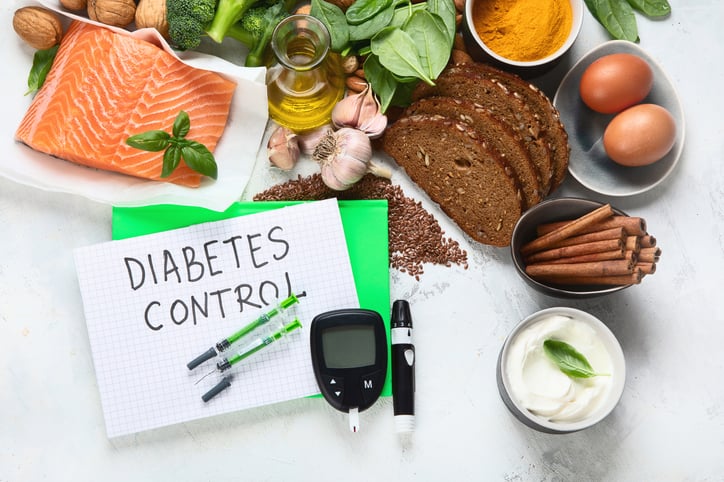How To Get Into the Christmas Spirit
The hustle and bustle of the holiday season can be overwhelming and have you wondering how to get into the Christmas spirit. It can get tougher when...
2 min read
![]() Liberty HealthShare
Aug 10, 2022 8:45 AM
Liberty HealthShare
Aug 10, 2022 8:45 AM

COVID-19 has made many people anxious and cautious. With allergy season here with us again, every sneeze, cough, or tickle of the throat is a cause for concern: Is it allergies, or is it COVID? More than 50 million Americans experience some type of allergy every year. Also, the symptoms of allergies and coronavirus overlap, making it difficult to tell the issues apart.
It is vital to pay attention to the subtle differences in the signs to distinguish between COVID and allergies. For example, allergy coughs are wet while COVID coughs are dry. Read on to learn more about the differences between COVID and allergy symptoms and if you should get the COVID-19 test.
Coronavirus is a viral infection spread through sneezing, coughing, and personal contact. The symptoms usually start 2-14 days post-exposure, with symptoms ranging from mild to severe. This depends on different variants. Moreover, vaccinated people may have different symptoms from those who are not vaccinated. People suffering from asthma are at a higher risk of hospitalization with COVID.
At-home COVID testing is helpful if you suspect your condition. You can also visit your physician for further examination and to determine the best treatment. Some of the common COVID-19 symptoms include:
Allergies occur when the immune system overreacts to usual things in the environment, such as dust, pollen, pets, and mold. Allergies are not contagious, but their symptoms range from mild to severe. They can occur seasonally or all year long. You can get relief through medications and allergy shots.
Some typical symptoms of allergies are:
Unlike seasonal allergies, COVID-19 is not caused by allergens but by a virus. The difference between the two issues runs deeper than just the cause. While the coronavirus results in a system-wide response, an allergic reaction tends to be more localized.
If you’re experiencing allergy symptoms, you’re probably feeling it more in your eyes, nose, and throat. You are unlikely to have a fever. On the other hand, someone with COVID may have fatigue, body aches, fever, and respiratory problems.
There are similar symptoms between COVID-19 and allergies, such as congestion, a runny nose, post-nasal drip, and puffy eyelids.
So, how do you know the difference? It all comes down to minor details.
Allergens cause irritation and discharge, leading to coughs. As a result, the coughs are “wet” since you are swallowing excess mucus. The COVID-19 cough is usually dry and continuous. You can experience it for more than an hour or have several episodes during your illness.
Some people with allergies may feel sluggish or experience mild fatigue. It is more gradual and less severe than the fatigue brought on by COVID-19.
Itchiness is a common sign that accompanies an allergic reaction. It may occur in the nose, eyes, throat, or ears. Allergy itchiness is usually intense but gets better with over-the-counter treatments. Though uncommon, viral infections such as coronavirus may cause conjunctivitis. This may result in red, watery, itchy eyes.
Other key points to determine also include:
COVID-19 usually doesn't cause wheezing. People with respiratory conditions such as asthma are likely to have allergies. They may experience shortness of breath, wheezing, and chest tightness.
If you are unsure of your condition, it is best to check the CDC guidelines for testing and care. Check into a medical facility if you are experiencing chest pain, difficulty breathing, or confusion.

The hustle and bustle of the holiday season can be overwhelming and have you wondering how to get into the Christmas spirit. It can get tougher when...

Diabetes is a major global health problem, with more than 422 million people currently living with the condition, of which 37 million are from the...

Preparing for the arrival of your little one is very exciting, but it can feel overwhelming at times, especially when trying to navigate your...